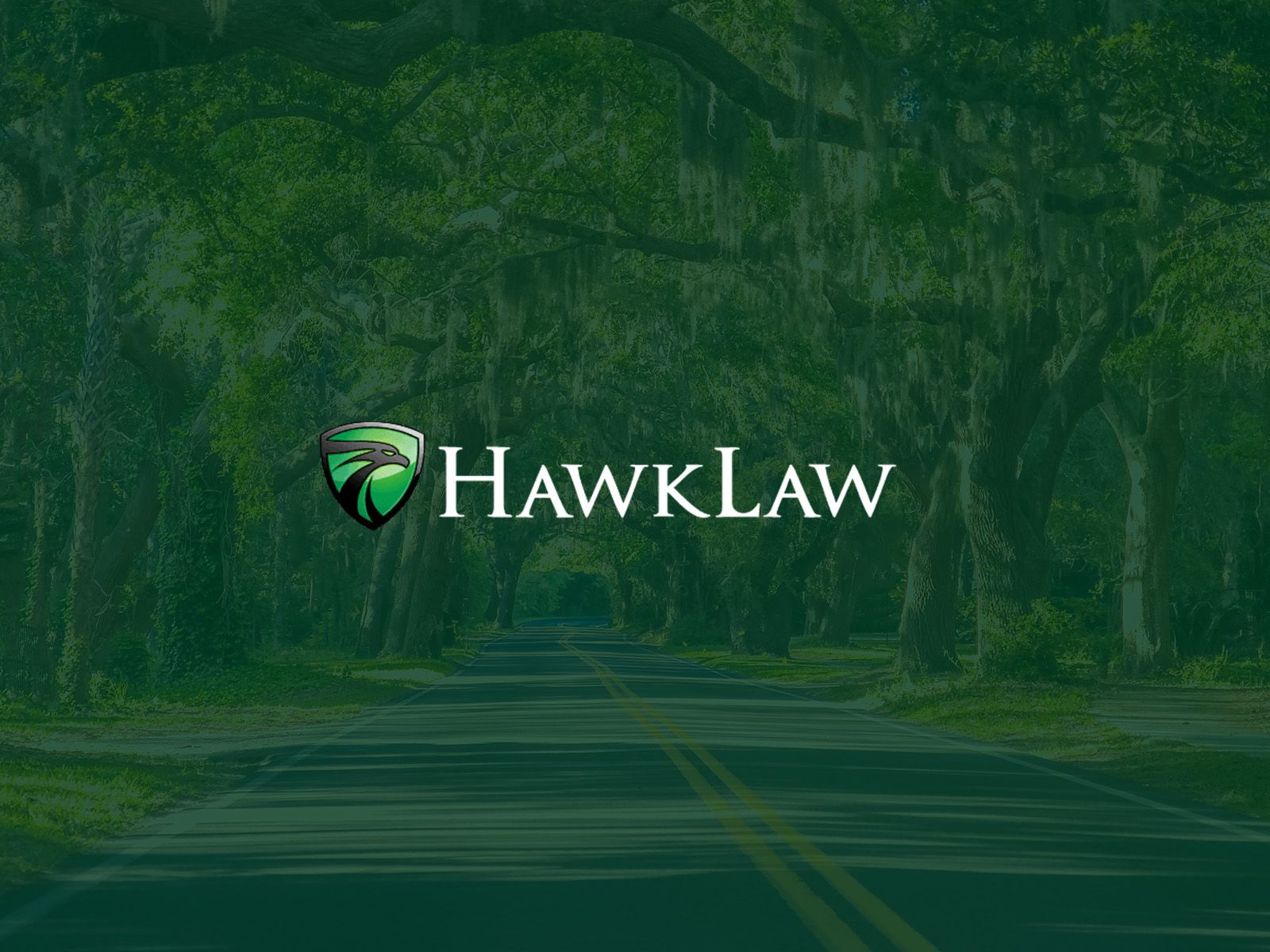Dog Owners’ Obligations in South Carolina



Dog ownership across the United States rises every year, bringing a level of responsibility all dog owners need to be aware of and adhere to as long as they own their dogs. Within South Carolina alone, a dog owner has specific obligations, particularly regarding their dog’s interaction with other people. The state firmly backs this up by enforcing its own set of South Carolina dog laws.
Dogs are undeniably often referred to as “man’s best friend,” but that doesn’t negate the reality of dog attacks occurring. Unfortunately, some of these dogs are a true threat to overall public safety,
According to the annual data compiled by the American Veterinary Medical Association, approximately 4.5 million people suffer from various dog bites in the United States each year. Over half of these dog bite victims are children, and 1 in 5 dog bite victims require medical attention.
South Carolina law specifically holds all dog owners strictly liable when their dogs injure someone else, as long as the victim of the attack was not provoking the dog or trespassing at the time.
State laws and municipalities have clear laws regarding dangerous domestic animals and protecting the safety of human beings. If you suffer from an unprovoked attack and believe there is probable cause to sue the owner of the animal, contact our South Carolina dog bite lawyers for a consultation. *
History and Explanation of South Carolina Dog Bite Laws
South Carolina dog bite laws have gone through important changes through the years, with the most notable one occurring in the mid-1980s.
When it comes to dog attacks, South Carolina previously operated under judicial precedent up until 1986. Judicial precedent refers to a particular court decision that becomes the authority in deciding subsequent cases involving similar or identical facts or legal issues. As such, precedent required courts to apply the law in the same manner to all dog attack cases with the same facts.
In 1986, this strict adherence to judicial precedent changed. The South Carolina state legislature adopted laws specifically addressing domestic pets, including dogs, making it a strict liability state. (See SC Code of Laws: Title 47, Chapter 3 – Animals, Livestock and Poultry).
Violation of the provisions in this new code of laws means dog owners are strictly liable for damages suffered by dog bites in almost all circumstances.
Strict Liability vs. One Bite Rule
With the 1986 legislation making South Carolina a strict liability state, it differentiated itself from other states which continue to follow what is referred to as the “one bite rule.”
Across the US, there are essentially two types of dog bite laws: the “one bite rule” and “strict liability.” There are clear differences between the two.
In states with one bite rules, the idea is that owners of dogs are not liable for a dog’s first bite, since it was not known that the dog was dangerous. In other words, the owner was not aware of the dog’s propensity to bite and could not have predicted it happening.
However, the South Carolina code of laws, with its strict liability focus, takes a harder stance on dog owners. If a dog attacks someone in a public place or lawfully on private property, the owner is liable for the damages suffered by the victim.
For example, if you are walking through a public park and a dog knocks you down or runs up to you and bites, the owner can be held liable. Or, if you have been invited to an event by the property owner and are attacked by the dog that lives there, the owner is strictly liable for damages you sustain.
In addition, the state statute extends beyond the dog’s owner to those who have possession or control of the dog that attacks. Such cases can be tricky to prove at times, so working with an experienced dog bite attorney will be essential to ensure the right person is held liable.
All too often, the dog involved in the attack belongs to a friend, neighbor, or even a family member. However, this shouldn’t deter you from seeking damages. In many cases, such attacks are covered under insurance owned by either a homeowner or renter.
Damages and Insurance
Damages suffered as the direct result of a dog bite can vary, and compensation for these damages will be required to help a victim recover. However, recovering for the full damages can be complicated and require legal help.
The victim of a dog attack may seek financial losses, including lost income and medical bills. Dog bite injuries and the time it takes to recover can directly impact a person’s finances. Medical expenses quickly pile up, and the injury suffered may prevent you from returning to work right away.
Other factors such as the inability to return to your current employment role or a diminished earning capacity can greatly affect your financial situation. For these, you’ll need to seek financial losses as soon as possible.
Non-financial losses may also be sought and can include emotional trauma, pain, and suffering. Not all injuries sustained in a dog bite are visible. Emotional trauma is an example of such an injury and can scar a person in different ways, affecting them far into the future. Post-traumatic stress disorder and emotional distress may result, requiring long-term therapy or medication to assist in healing and moving forward with life.
Sometimes, a homeowners’ and renters’ insurance policy may include liability coverage for dog bites.
These insurance policies normally protect the home in the event of fire, theft, or other types of damage and also can protect the homeowners when someone on their property is injured in some way, including by a dog bite. However, the dog’s owner is only personally liable for damages that exceed the limits of the coverage.
If a tragedy occurs and a loved one dies as a result of the dog attack, you may be able to also file a wrongful death lawsuit to recover damages. While this won’t bring your loved one back, it can help you deal with any financial issues occurring as a result.
Deaths resulting from dog bites often occur with certain breeds, like pit bulls, Rottweilers, German Shepards, and mixed breeds, but any dog can be dangerous.
Exceptions to Dog Owner Liability for Attacks
There are exceptions in which the dog’s owner may not be held liable for a dog bite. These exceptions are commonly used as a defense in cases throughout the United States and require a closer look.
First, the dog’s owner is not liable if the dog bit the other party directly because of his or her harassment or provocation.
Provoking a dog to bite might include acts of taunting, teasing, striking, throwing rocks, or in some way abusing the dog. Proof of this harassment or provocation will fall upon the dog’s owner.
Secondly, if the person who sustains a dog bite was trespassing on private property without permission from the property owners, liability might also be avoided by the dog’s owner. While service professionals such as mail carriers and package delivery personnel are exempt from the need to obtain personal permission to be on the property, everyone else does.
Finally, the dog’s owner is not liable if the dog was performing duties under the lawful command of a law enforcement officer. However, police officers may sometimes be liable for service animal injuries if:
- The command was unlawful
- The dog was not properly trained or certified
- The actions violated written policy of the law enforcement agency
- The attack constitutes excessive force
Time Limit for Dog Bite Lawsuits in South Carolina
An essential factor to keep in mind when it comes to dog bites is that you only have so much time to legally file a lawsuit. This is referred to as the statute of limitations. Failure to file in this allotted timeframe will, in most cases, see the court dismiss your case, with you losing your rights to file at all for damages.
According to the South Carolina Code of Laws Title 15, Chapter 3, there is a three-year statute of limitations for personal injuries in most cases. This means a victim of a dog bite has three years from the date of the attack to submit a lawsuit with South Carolina’s civil court.
Some circumstances surrounding a dog bite can alter the allowable statute of limitations, however. For example, extensions may be granted in circumstances where a child is involved. For these cases, the three-year statute of limitations begins once that child reaches age 18.
Regardless of when a dog bite occurred or where you are in settlement talks with the insurance company, victims should always consult a lawyer as quickly as possible to determine if the case falls within the time limit. Experienced legal representation can help you file your initial claim, negotiate and defend your claim, and even file a lawsuit within the allotted timeframe if necessary.
Laws About Dangerous Animals
There are distinct differences between dog temperaments, some being more dangerous than others. These important differences need addressing in ways fitting to the particular circumstances.
Fortunately, South Carolina goes a step further when it comes to its dog bite laws by identifying those dogs that are to be considered dangerous animals. Once determined as so, strict regulations apply.
For the purposes of this particular section, an animal is considered dangerous if:
- The owner knows the animal has a tendency to endanger human beings or domestic animals.
- The animal makes some unprovoked attack that causes injury to a human being or causes a human being to reasonably believe the animal will cause an injury.
The state laws prohibit dangerous animals from being unconfined (Section 47-3-720). If left outdoors, owners of such animals must confine them behind a securely enclosed fence or in a locked pen, kennel, or run area. The enclosure also must be clearly marked with signs conveying there is a dangerous dog. It should be obvious that the general public should avoid entering at the risk of injury. Otherwise, the owner is to keep them indoors to protect the safety of others.
Dangerous dogs are also not permitted beyond the owner’s premises unless they are properly restrained (Section 47-3- 730). Although this should go without saying, the carelessness of some owners requires written laws to ensure other people’s safety.
Beyond biting a human, anyone who violates the provisions in these sections who owns a dangerous animal that injures a domestic animal is guilty of a misdemeanor, and the following penalties will apply.
- Penalties for a first offense: $200 fine or imprisonment of 30 days
- Penalties for subsequent offense: $1,000 fine
Fighting Animals
A domestic animal is also considered dangerous if the animal is owned or harbored for the purpose of fighting or trained for the purpose of fighting (Section 47-3-740).
South Carolina law goes even further, adding concerns of cruelty to animals and the proper treatment of animals (Section 47-1).
Any individual who commits any violation of the provisions in this section, and is the owner or breeder of a dangerous animal that injures someone, may be guilty of a misdemeanor or felony, and the penalties include:
- Penalties for a first offense: Misdemeanor with $5,000 fine or imprisonment of three years
- Subsequent offense: Felony with $10,000 fine and imprisonment of five years
Seizure, Impoundment, and Euthanization of Dangerous Animals
While a dog owner bears the burden of liability in dangerous dog bite cases, additional consequences are involved. Across municipalities, enforceable laws allow for actions to be taken against the dog as well.
If an animal control officer or other such law enforcement officer has probable cause that a dangerous animal is being harbored in violation of the law (Section 47-3-740), the officer may ask the court to order the domestic animal to be seized and impounded. In these cases, such an animal will be impounded at a local animal shelter or kennel.
In addition, animal control officers must provide written notice to the dog’s owner that they have the animal in their possession. The owner then has two weeks to notify the officer that he or she will pick up the dog. If the owner doesn’t pick up the animal within two weeks of the notification of impoundment at an animal shelter, the dog may be euthanized.
Certain circumstances exist where the animal may be transferred to a nonprofit dedicated to caring for domestic animals, such as the Humane Society, instead of being euthanized.
In other instances, a dangerous animal that injures a domestic animal or human being may be ordered to be euthanized. The dog’s owner will be unable to continue to keep the dog or have any say in its fate at this point.
These euthanasia inoculations may only be performed by a euthanasia technician, licensed veterinarian, or employee of the South Carolina Department of Natural Resources.
Local Ordinances Relating to Dog Owners’ Obligations
In addition to state laws, some municipalities may adopt their own animal regulations, including rabies control and leash laws. These local municipality ordinances can impact your dog bite case, so knowing about them is also important.
While rabies vaccination requirements are statewide, a municipality may choose to add its own in addition to those in the statewide Rabies Act. Abiding by these requirements are always of concern in dog bite cases, as they can lead to painful rabies shots for the victim if the dog is not legally vaccinated at the time of the bite.
As for leash laws, municipalities often disallow the running-at-large of dogs in public parks and other locations. They also add restrictions on how long the leash can be, which can play another factor in dog attacks. Longer leashes give the dog’s owner less control of the animal’s actions.
Municipalities can also take their animal laws even further. For example, the City of Charleston has a code about vicious animals (City of Charleston Laws & Ordinances Regarding Pets, Chapter 5, Sec. 5-19). Under this code, no one can lawfully own, shelter, feed, harbor, or care for a vicious animal within city limits.
Always check with your local government ordinances for any specialized animal laws covering your city and county. These may involve domestic animals, service animals (e.g., guide dogs), wild animals, and even those animals kept in zoos.
Hurt by a Dog Attack? Call An Injury Lawyer Today!
Dog attacks can involve various levels of injury and damages, leading to complications when filing insurance claims or lawsuits. This is when you need the help of an experienced personal injury lawyer.
If a dog attacks you, you deserve to know your rights. HawkLaw Fights to Win for personal injury victims. For a consultation, call our law firm today at 1-888-HAWK-LAW (429-5529), or visit our contact us page to send us a message online.
John D. Hawkins
John Hawkins is the Founder and CEO of HawkLaw He has been licensed to practice law in South Carolina since his graduation with honors in 1994 from the University of South Carolina School of Law, where he was on the Law Review and Order of Wig and Robe.
-
$3,000,000*
Trucking Accident Settlement
-
$1,005,000*
Car Accident Settlement
-
$575,000*
Personal Injury Settlement
"*" indicates required fields











